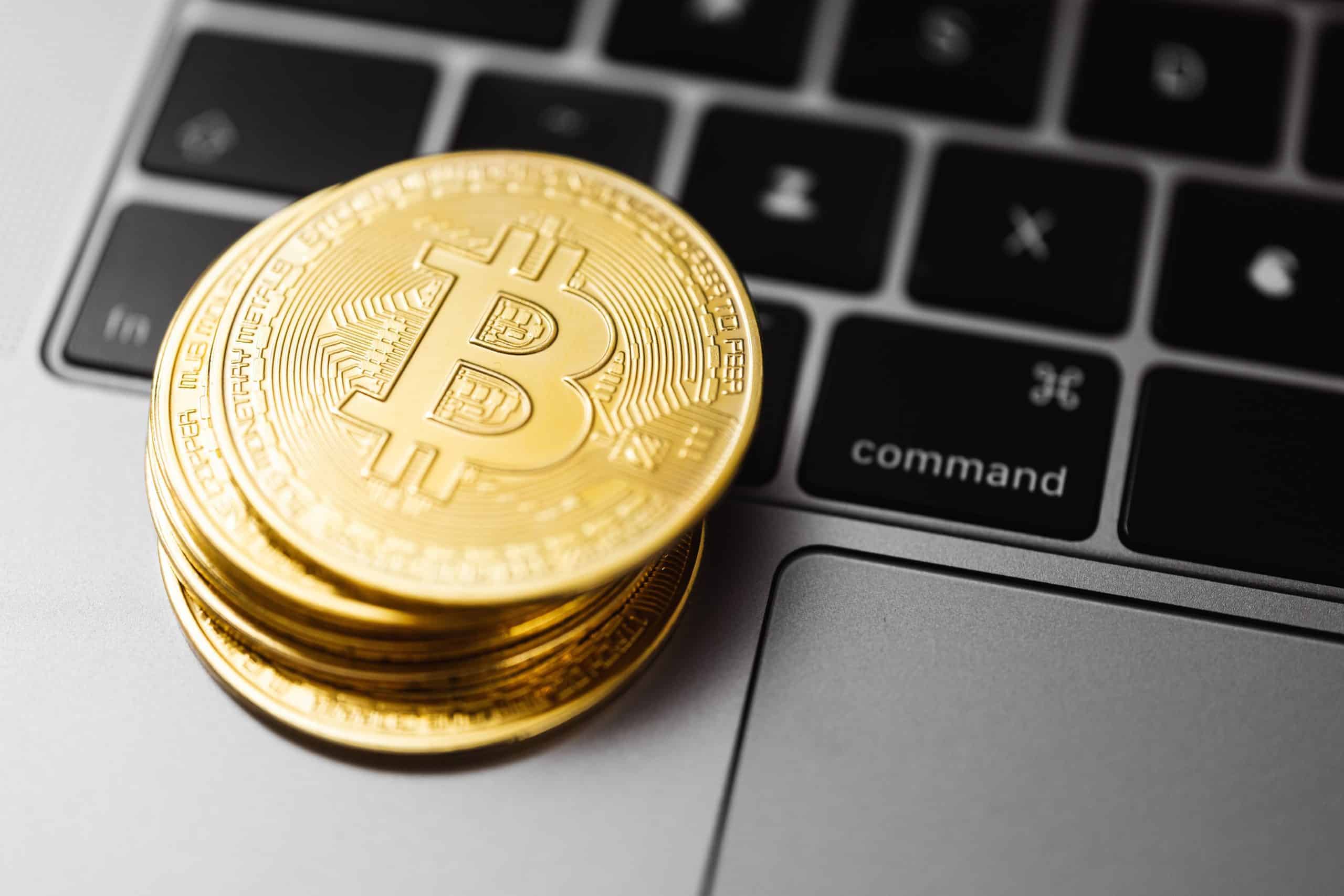The International Monetary Fund has warned El Salvador — the only country to adopt bitcoin as a legal currency — against the risks involved in expanding its reliance on the crypto currency.
The warning came in a report Friday that followed an experts’ mission to the Central American country.
It found that Salvadoran growth had been “robust” last year but that vulnerabilities, including the linkage to bitcoin, remained.
El Salvador in September 2021 adopted bitcoin as a legal currency, alongside the US dollar.
Tech-savvy president Nayib Bukele advocated the move as a way to bring more Salvadorans, many of them lacking bank accounts, into the formal economy.
The change meant that every Salvadoran business — even neighborhood shopkeepers — had to accept the cryptocurrency as payment.
But the IMF and World Bank warned that doing so could leave the country more vulnerable to money laundering and other illicit activity that could affect underlying stability.
“While risks have not materialized due to the limited bitcoin use so far,” the report said, its use could grow, due partly to “new legislative reforms to encourage the use of crypto assets.”
In this context, it added, “underlying risks to financial integrity and stability, fiscal sustainability, and consumer protection persist.”
The IMF experts said it was “essential” that Salvadoran authorities provide “greater transparency over the government’s transactions in bitcoin and the financial situation of the state-owned bitcoin wallet” known as Chivo.
“Given the legal risks, fiscal fragility and largely speculative nature of crypto markets, the authorities should reconsider their plans to expand government exposures to Bitcoin,” the report said.
The Salvadoran economy grew 2.8 percent in 2022, the report said, crediting an effective government response to the Covid-19 pandemic, “the unprecedented reduction in crime, and strong remittances and tourism revenues.”
But the IMF cautioned that a pronounced slowdown in the US could undermine exports and remittances.






